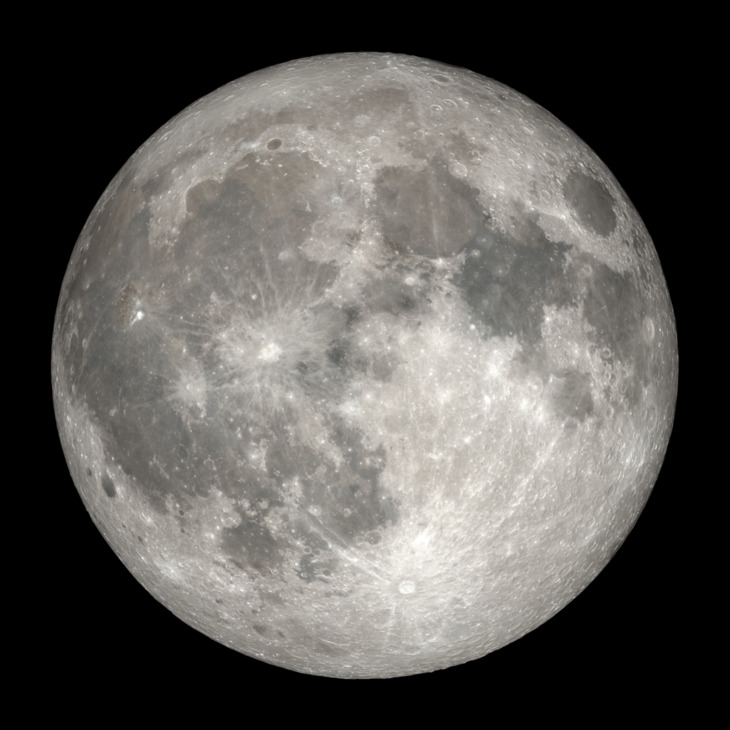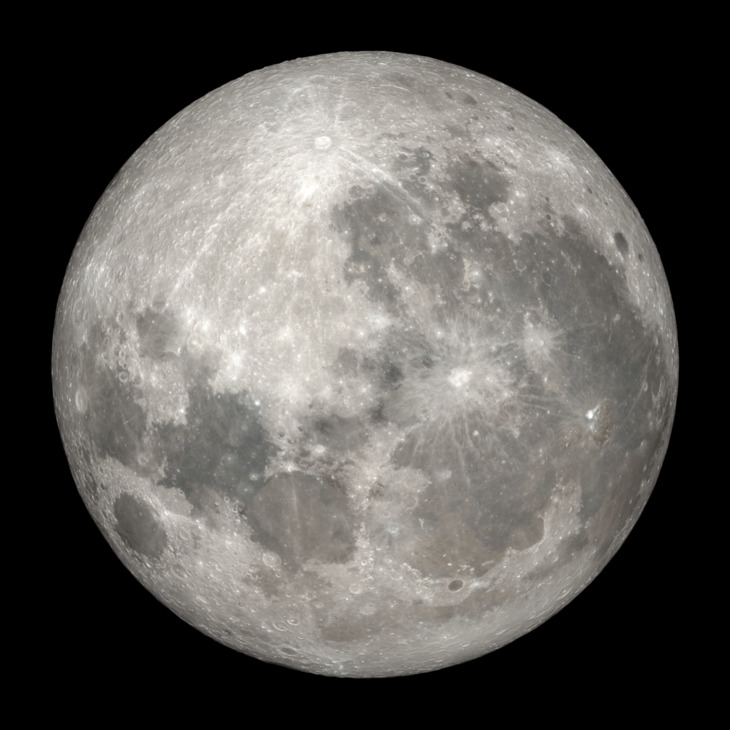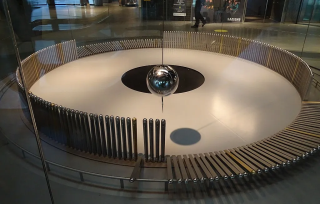Mark Dominus (陶敏修)
mjd@pobox.com

Archive:
| 2025: | JFMAMJ |
| JAS | |
| 2024: | JFMAMJ |
| JASOND | |
| 2023: | JFMAMJ |
| JASOND | |
| 2022: | JFMAMJ |
| JASOND | |
| 2021: | JFMAMJ |
| JASOND | |
| 2020: | JFMAMJ |
| JASOND | |
| 2019: | JFMAMJ |
| JASOND | |
| 2018: | JFMAMJ |
| JASOND | |
| 2017: | JFMAMJ |
| JASOND | |
| 2016: | JFMAMJ |
| JASOND | |
| 2015: | JFMAMJ |
| JASOND | |
| 2014: | JFMAMJ |
| JASOND | |
| 2013: | JFMAMJ |
| JASOND | |
| 2012: | JFMAMJ |
| JASOND | |
| 2011: | JFMAMJ |
| JASOND | |
| 2010: | JFMAMJ |
| JASOND | |
| 2009: | JFMAMJ |
| JASOND | |
| 2008: | JFMAMJ |
| JASOND | |
| 2007: | JFMAMJ |
| JASOND | |
| 2006: | JFMAMJ |
| JASOND | |
| 2005: | OND |
Subtopics:
| Mathematics | 245 |
| Programming | 99 |
| Language | 95 |
| Miscellaneous | 75 |
| Book | 50 |
| Tech | 49 |
| Etymology | 35 |
| Haskell | 33 |
| Oops | 30 |
| Unix | 27 |
| Cosmic Call | 25 |
| Math SE | 25 |
| Law | 22 |
| Physics | 21 |
| Perl | 17 |
| Biology | 16 |
| Brain | 15 |
| Calendar | 15 |
| Food | 15 |
Comments disabled
Sun, 31 Mar 2024
Stuff that is backwards in Australia
I thought at first this was going to be kind of a dumb article, because it was just going to be a list of banal stuff like:
- When it's day here, it's night there, and vice versa
but a couple of years back I was rather startled to realize that in the Southern Hemisphere the sun comes up on the right and goes counterclockwise through the sky instead of coming up on the left and going clockwise as I have seen it do all my life, and that was pretty interesting.
Then more recently I was thinking about it more carefully and I was stunned when I realized that the phases of the moon go the other way. So I thought I'd should actually make the list, because a good deal of it is not at all obvious. Or at least it wasn't to me!
When it's day here, it's night there, and vice versa. (This isn't a Southern Hemisphere thing, it's an Eastern Hemisphere thing.)
When it's summer here, it's winter there, and vice versa. Australians celebrate Christmas by going to the beach, and July 4th with sledding and patriotic snowball fights.
Australia's warmer zones are in the north, not the south. Their birds fly north for the winter. But winter is in July, so the reversals cancel out and birds everywhere fly south in September and October, and north in March and April, even though birds can't read.
The sun in the Southern Hemisphere moves counterclockwise across the sky over the course of the day, rather than clockwise. Instead of coming up on the left and going down on the right, as it does in the Northern Hemisphere, it comes up on the right and goes down on the left.
In the Northern Hemisphere, the shadow of a sundial proceeds clockwise, from left to right. (This is the reason clock hands also go clockwise: for backward compatibility with sundials.) But in the Southern Hemisphere, the shadow on a sundial goes counterclockwise.
In the Southern Hemisphere, the designs on the moon appear upside-down compared with how they look in the Northern Hemisphere. Here's a picture of the full moon as seen from the Northern Hemisphere. The big crater with the bright rays that is prominent in the bottom half of the picture is Tycho.

In the Southern Hemisphere the moon looks like this, with Tycho on top:

Australians see the moon upside-down because their heads are literally pointing in the opposite direction.
For the same reason, the Moon's phases in the Southern Hemisphere sweep from left to right instead of from right to left. In the Northern Hemisphere they go like this as the month passes from new to full:





And then in the same direction from full back to new:





But in the Southern Hemisphere the moon changes from left to right instead:





And then:





Unicode U+263D and U+263E are called
FIRST QUARTER MOON☽ andLAST QUARTER MOON☾ , respectively, and are depicted Northern Hemisphere style. (In the Southern Hemisphere, ☽ appears during the last quarter of the month, not the first.) Similarly the emoji U+1F311 through U+1F318, 🌑🌒🌓🌔🌕🌖🌗🌘 are depicted in Northern Hemisphere order, and have Northern Hemisphere descriptions like “🌒 waxing crescent moon”. In the Southern Hemisphere, 🌒 is actually a waning crescent.In the Northern Hemisphere a Foucault pendulum will knock down the pins in clockwise order, as shown in the picture. (This one happens to be in Barcelona.) A Southern Hemisphere Foucault pendulum will knock them down in counterclockwise order, because the Earth is turning the other way, as viewed from the fulcrum of the pendulum.

Northern Hemisphere tornadoes always rotate counterclockwise. Southern Hemisphere tornadoes always rotate clockwise.
Dishonorable mention
As far as I know the thing about water going down the drain in one direction or the other is not actually true.
Addendum 20240414
Several people took issue with some of the claims in this article, and the part about sundials was completely wrong. I wrote a followup.
[Other articles in category /geo] permanent link


